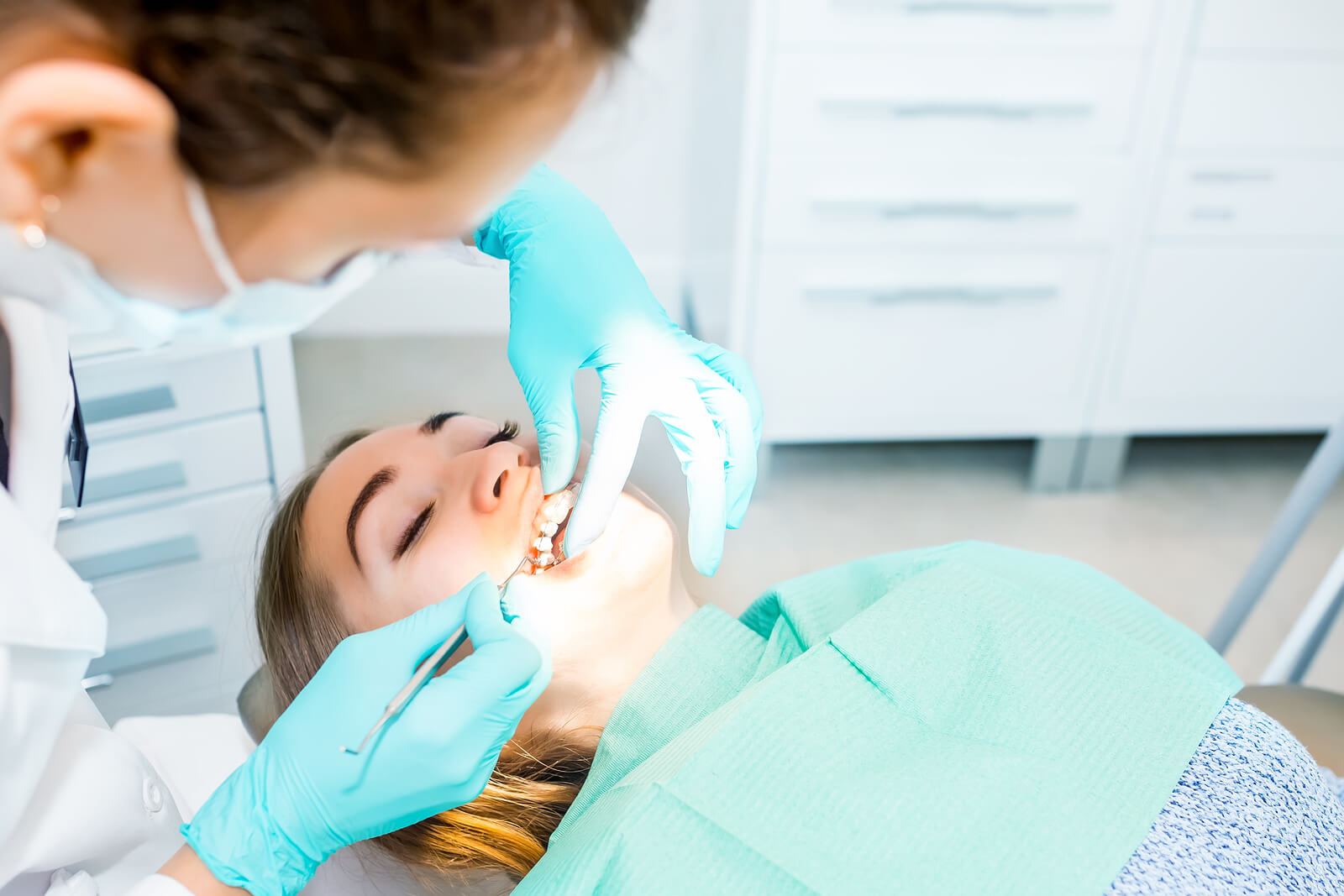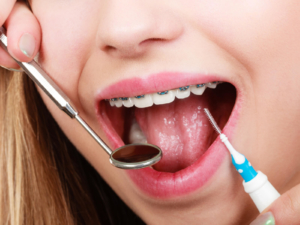The Alzheimer’s disease is a progressive condition affecting the brain due to its degeneration. It causes dementia to the patient who experiences difficulty in remembering events in their day to day lives. This includes oral care and hygiene. Patients suffering from dementia have a high risk of developing oral diseases.
Proper attention by their caregiver should be focused on maintaining their oral hygiene to prevent any disease as it would e difficult to treat considering their condition. Since Alzheimer’s affects the elderly, there are not physically sound hence their bodies are quick to catch an infection. They could also be having existing oral health issues such as dentures that have been previously treated and managed such as dental crowns and fittings.
The early stages of Alzheimer, patients can be reminded of brushing or flossing. However, as the condition progresses, the caregiver will need to do the cleaning for the patient. It is important to be on the lookout for signs that the patient has an oral health problem. These include:
Problems during feeding. The patient refuses to eat completely especially hard foods
Pulling of the face and constant movement of the mouth as if trying to remove something
Refusal to wear dentures
Bad breathe and bleeding gums
Refusal to brush and floss their teeth
Increased aggressiveness
Oral Care Tips for Patients With Alzheimer
Regular brushing or flossing – This is to maintain good oral health keeping the diseases at bay. A caregiver should guide the patient to brush their teeth at least twice a day, once before bedtime.
Adequate cleaning on dentures – If the patient already has dentures, the normal cleaning routine should be followed to the latter. If the patient is not able to do it themselves, the caregiver should Rinse the dentures in running water and soak in solution overnight. Of course the patient should not sleep with their dentures in their mouth.
High water intake – Alzheimer patients are put on drugs such as antidepressants to help manage their condition. These drugs cause the mouth to dry limiting the quantity of saliva in the mouth. Saliva keeps the mouth clean by washing away the germs and bacteria in the mouth. Hence, these patients should be encouraged to increase their water intake to manage the drying effects of their drugs
Reguldental checkupar s – These checkups are intended to make sure the patient’s oral health is well-maintained. From the initial stages of dementia, the patient is not capable of taking proper care of the oral health. Even with the help of a caregiver, you are advised to keep consulting with a dentist. These consultations will be able to direct the patient’s oral health care as well identify other underlying oral problems the patient is unable to express.
Conclusion
Oral health is an important aspect of the overall health. Good oral practice maintains your oral health. However, patients with Alzheimer’s need a little extra care and support to maintain their oral health.


